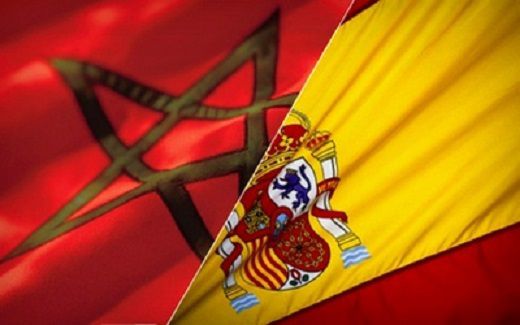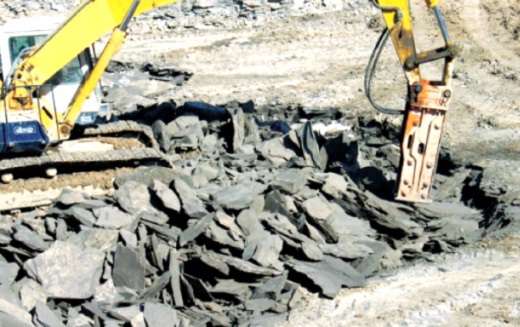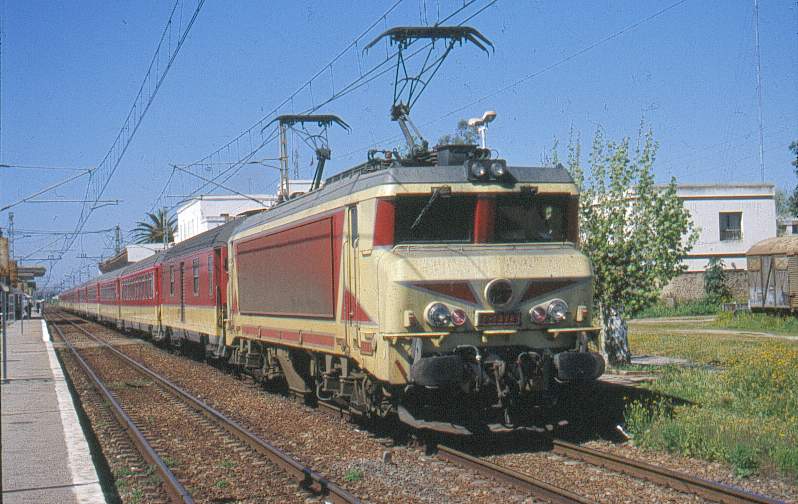[symple_box color=”blue” text_align=”left” width=”100%” float=”none”]
 Franck Bertrand Ayinda is an African academic and a world peace activist who relentlessly works to empower people to express their full potential and pursue their dreams, regardless of their background. Franck is a world traveler and an avid reader of books. Franck’s ultimate dream is to open a world-class human potential development school across Africa. His interest are politics, economics, and social justice.[/symple_box]
Franck Bertrand Ayinda is an African academic and a world peace activist who relentlessly works to empower people to express their full potential and pursue their dreams, regardless of their background. Franck is a world traveler and an avid reader of books. Franck’s ultimate dream is to open a world-class human potential development school across Africa. His interest are politics, economics, and social justice.[/symple_box]
Nelson Mandela once said “No one is born hating another person because of the color of his skin or his background or his religion.” Today Nelson Mandela must be rolling in his grave because this very prejudice and discrimination he fought against for decades is yet again taking place. Since the liberation of South Africa in 1994, the country’s society has witnessed horrendous waves of xenophobia. This latter was aimed at Africans from all over the continent, namely Mozambique, Somalia, Botswana, Malawi, Namibia, Nigeria and Zimbabwe, known collectively as “makwerekwere,” a derogatory term for foreigners and an onomatopoeia for someone who speaks unintelligibly. It goes without saying that local residents attack foreign immigrants from African countries. Nigerians are targeted for human bones trafficking and fraud, Mozambicans are singled out for illegal migration and drug trafficking. An increase in xenophobic hostility directed at those who are deemed to be non-citizens amounts to a denial of rights and entitlements, expressed through prejudice and stereotypes. Migrants who come to the country for political or economic reasons (the two are often indistinguishable) are regularly associated, particularly in the state discourse emanating from the press, with crime and criminal activities, while their attempts to secure economic survival is also criminalized.
South Africa has had a long history of xenophobia dating back from the era of the “Union of South Africa” when different states adopted different policies on foreigners. However the most reminiscent wave of violent riots erupted in the township of Alexandra, just northeast of Johannesburg, on May 11, 2008. Two people were killed in this first bout of violence, including more than forty injured. Over the following weeks, similar riots erupted in other informal settlements around Johannesburg, as well as in settlements around Durban and Cape Town, South Africa’s two other major cities. The most current wave of anti-immigrant violence in South African metropolises has been connected to commentaries made by Goodwill Zwelithini, king of the Zulu homeland. At a gathering in late March 2015, the sovereign reportedly told supporters, “We urge all foreigners to pack their bags and leave.”
“As I speak to you, you find there are unsightly goods hanging all over our shops,” a transcribed quote from Zwelithini published by South Africa’s Eyewitness News reads. “They [Foreigners] dirty our streets. We cannot even recognise which shop is which. They are all blocked by foreigners.” The consequence of his words have led to the death of 5 people.
The claim that “foreigners are stealing our jobs” has been one of the factors behind this xenophobia wave in South Africa. A few years ago I had the opportunity to travel to South Africa with my father to atten the South African Development Initiative Conference in Durban, and since my first day in Cato Manor, I found myself whiling away the afternoon with a group of young men who were loitering around a construction site, hoping to be offered piecework. Like most labor in South Africa, none of the workers on the site were employed in any formal capacity; they were being paid in cash by the hour, and without any job security. When the owner of the building ran out of money for the renovations, they would be out of work, fired without any notice. This scene was illustrative of the current structural violence of unemployment and informal labor that characterizes post-apartheid South Africa. In this vein, I am taking on this poignant backdrop with the help of my South African friends with whom I steered the conversation as soon as the recent xenophobic violence unveiled. According to my friends, the primary “problem” of South Africans with immigrants is that they are believed to undermine the economic opportunities of local citizens. According to their reports, they do this by both outcompeting South African owned businesses in the informal economy, and by undercutting the labor market by working for rates far below the minimum wage, allegedly as low as Rand 25 (US$ 2.06) per day.
In addition to job theft, my south African friends told me that there is more accusations of foreigners “for stealing their women” by wooing them with cash, and outdoing the local competition because local South Africans have fewer financial responsibilities to kin.
Furthermore, high unemployment rates have also played a role in this wave of xenophobia distressing immigrants in South Africa. The ANC government’s policies have sent unemployment rocketing from 13 percent in 1994 to 25 percent in 2013, or 40 percent by unofficial measures. According to the Economist, “half of South Africans under 24 looking for work have none. Of those who have jobs, a third earn less than $2 a day.” Since 1994, the number of people living on less than one dollar a day has doubled, namely from 2 million to 4 million. More than that, two million people have lost their homes because of forced removals and inflated rents, and the number of shack dwellers has increased by fifty percent, to the point where today more than one quarter of South Africans live in shacks. The argument holds that as livelihoods become ever more precarious, competition over jobs, housing, and retail have reached extreme levels. In the face of this mounting competition, people seek to leverage whatever social distinctions are most readily available in order to lay claim to diminishing resources. In the context of post-apartheid South Africa, those who believe they have the right to benefit from the promised, but as yet unrealized, fruits of liberation draw lines between themselves and the non-citizens who they believe should not have such a right.
Also, Zulu nationalism has for a long time been a striking feature in South African politics. The thoughts of Zulu king Goodwill Zwelithini did not form out of a vacuum as competition for resources and opportunities amongst natives and non-natives have deep roots since the early days of South Africa’s birth as a state.
After the Anglo Zulu war 1879, many Zulus were thrown off their lands and began to congregate in shanty towns of Durban and Pietermaritzburg, where they had to compete with Indian migrant who had been relaxed from force labor in sugar cane plantations.
In 1910, when segregation laws were enforced under the new Union of South Africa, the native regulation act negatively affected Zulu’s located in Durban, forcing the black labor force community into hotels during their contract as workers for private estates. The Groups Act of 1950 officiallized a scheme of racial and ethnic dissection that instructed the areas of all metropolitan South Africa into suburbs designated “white,” “bantu” or “African,” “colored” (mixed-race), and “Asian” (mainly Indian).
The “Bantustan” policy was born in 1953 to consolidate a black homeland in order to put black African populations into more convenient locales. Later in the Kwazulu natal areas, Zulus where stripped off their rights to citizenship. The apartheid government of the time later reconsidered its act and granted the Kwazulu nominal independence under the rule of Mangusutho Butelezi.
It was Buthelezi who revived the Zulu nationalism by creating the Inkatha Freedom Party and weathered significant criticism from anti-apartheid movements for prioritizing Zulu ethnic interest instead of black solidarity. The Inkatha Party is South Africa’s fourth largest party, and has a history of political antagonism with Nelson Mandela’s party the African National Congress (ANC), currently headed by Jacob Zuma the current head of state of the republic of South Africa. In the year 1995 Buthelezi led a walkout of members of his party into the South African legislature requesting autonomy for the Zulu people.
The Zulu people consist of 22% of the South African Population which the current post-apartheid government accommodates. In fact in 2007 a political researcher, namely William Gumede, documented in his blog devoted to tribal laws in South Africa that Jacob Zuma carried the Kwazulu natal votes because he surfed on Zulu nationalist desires.
It is then no strange of the Zulus — They were hauled, traumatized and rowdy into the South African nation, before being obliged to conform, then ghettoized, compulsively categorized and reclassified–to emerge with such aggressiveness. “The king, cultural weapons and the ancient name of Kwa Zulu still arouse militant loyalty in Zulus who live under traditional tribal authorities,” Charles Lane wrote in a 1994 edition of The New Republic. He notes further that this stands also “among urban Zulus who see tradition as an antidote to the chaos of the townships.” Taking a historic outlook does not pretext Zulu vehemence against migrants but ought to function as an aide-mémoire that this week’s turbulence is the fruit of grains, no Zulu engrained. It’s imperative to remind that not all Zulus are hoodwinked by reckless, ultranationalist grandiloquence. Thousands of South Africans, as well as Zulus, streamed over the boulevards of Durban to object xenophobia, notwithstanding hostile counter-protesters and police teams equipped with water cannon and tear gas.
These events have inspired a great deal of soul-searching in South Africa as analysts seek to explain why multiculturalism in the much-vaunted Rainbow Nation has become so dangerously unstable. Much like accounts of xenophobic violence elsewhere in the world, globalization, nationalism, and a haunting colonial history seem to be the driver of this xenophobic trend in South Africa.





